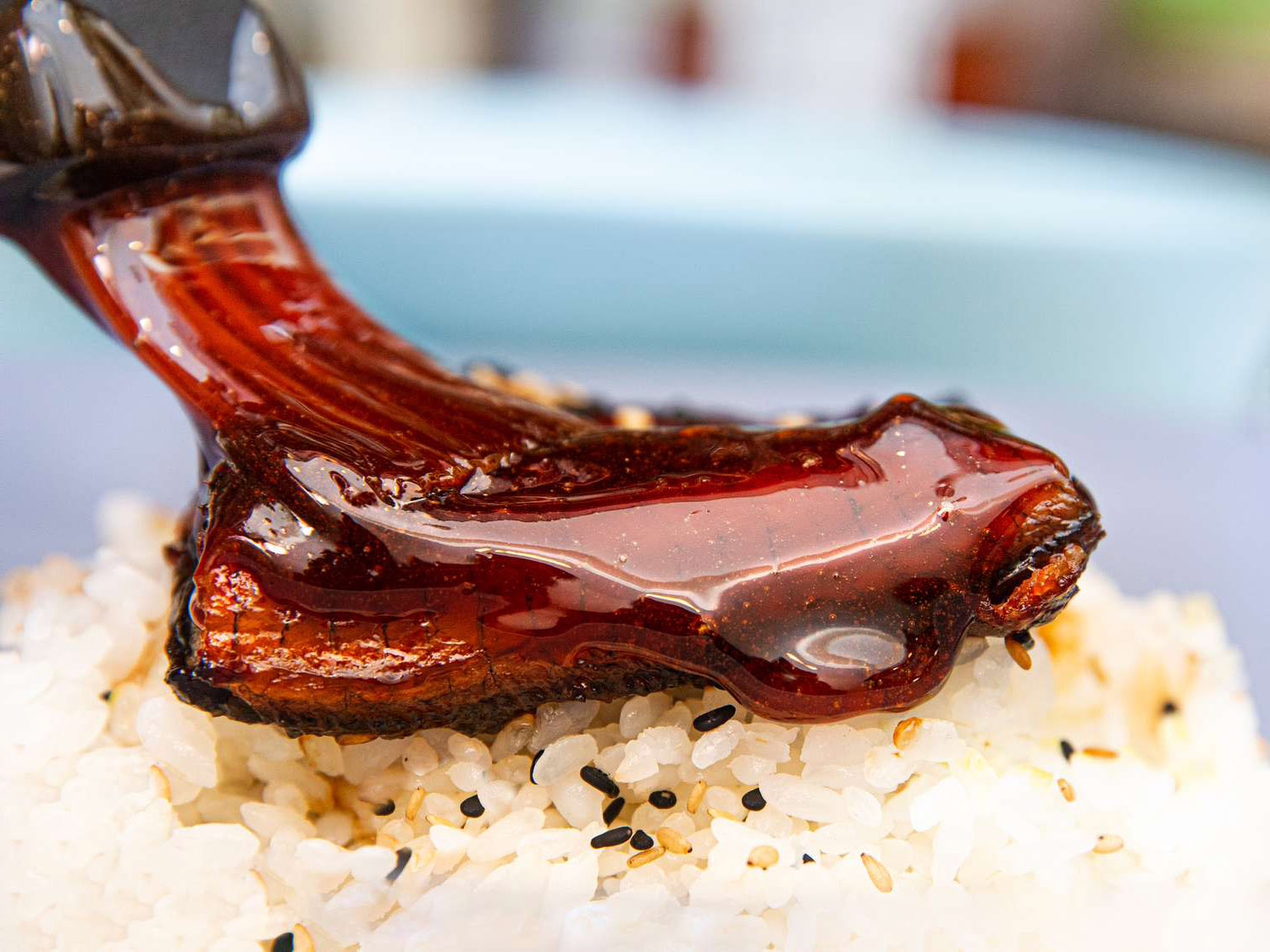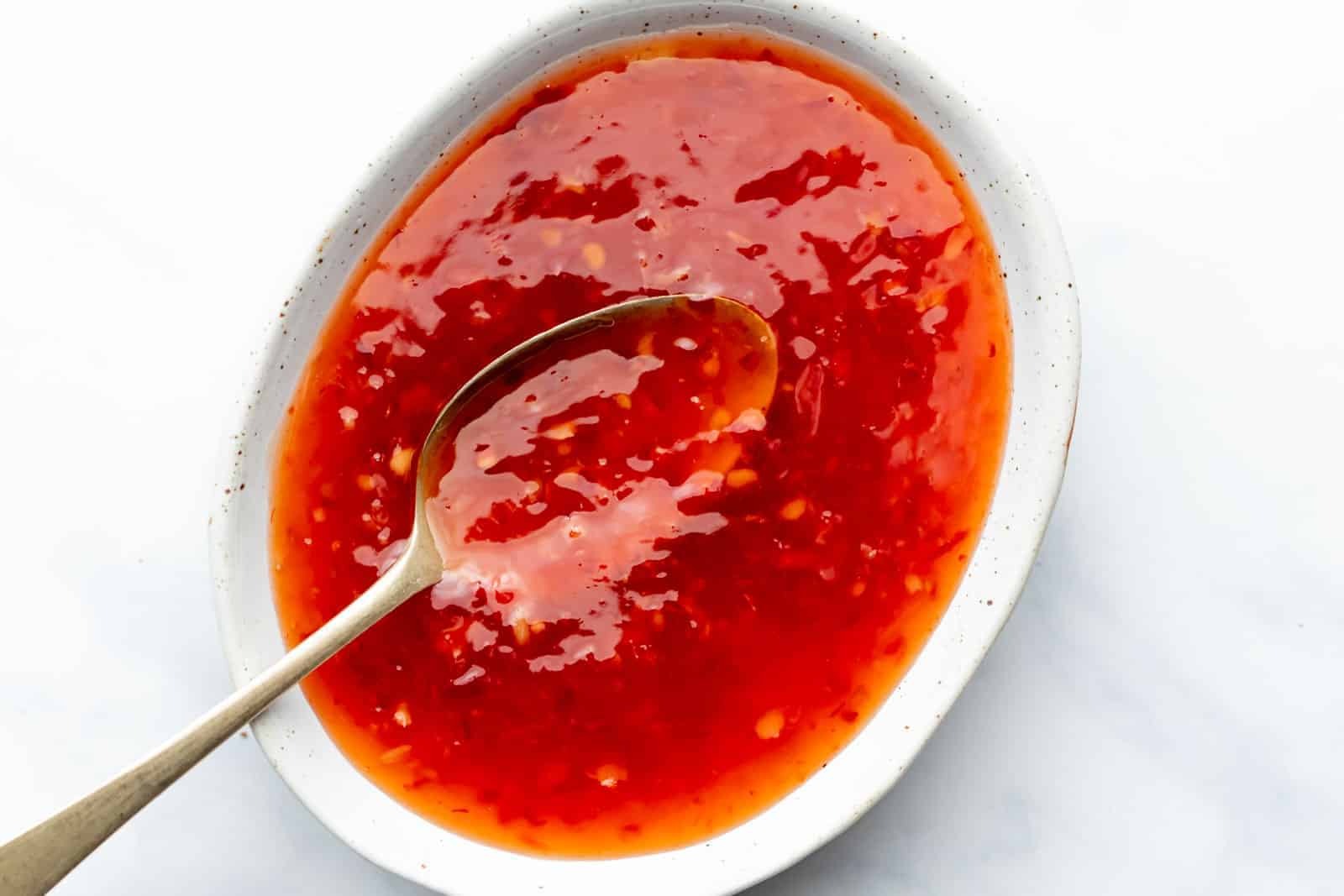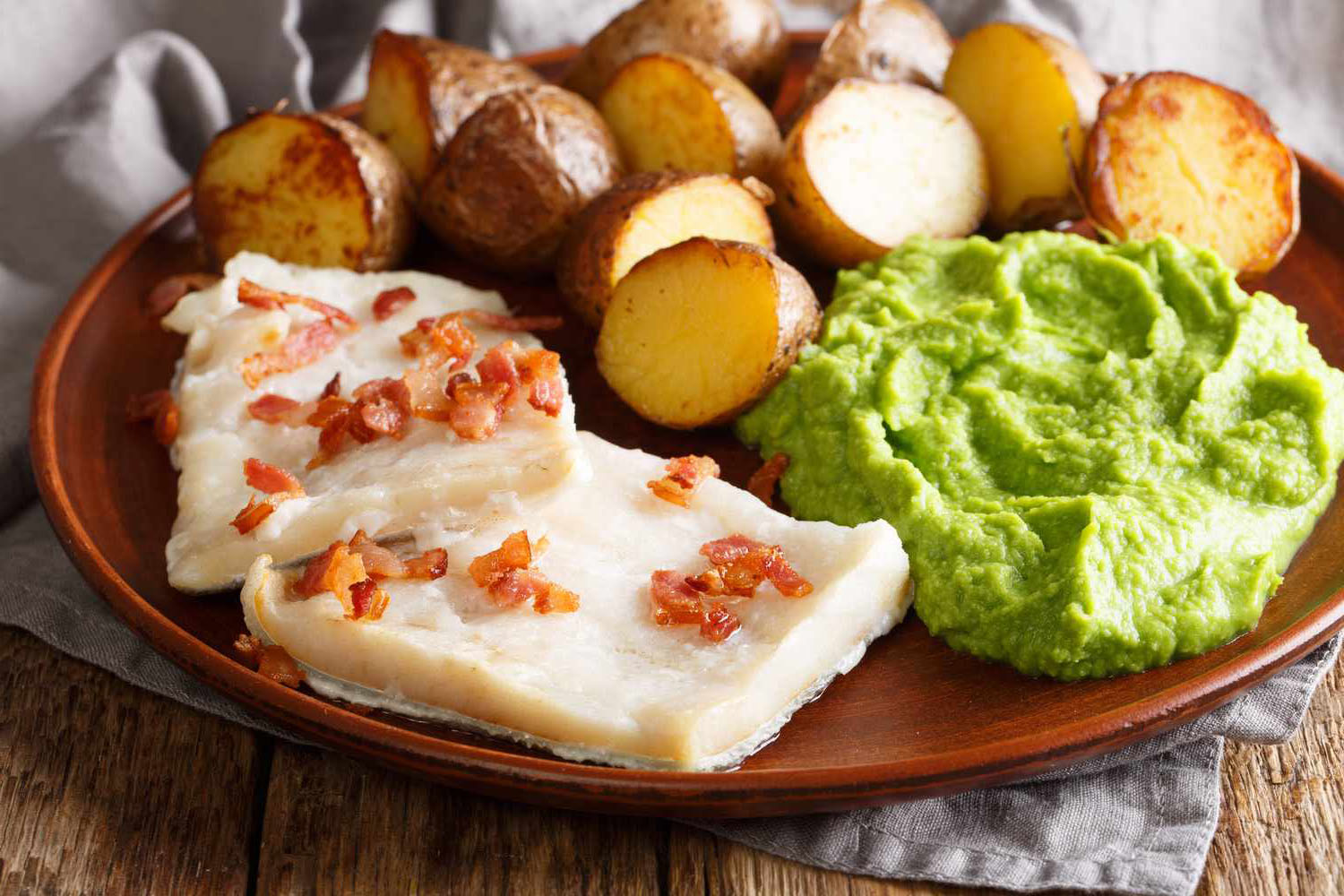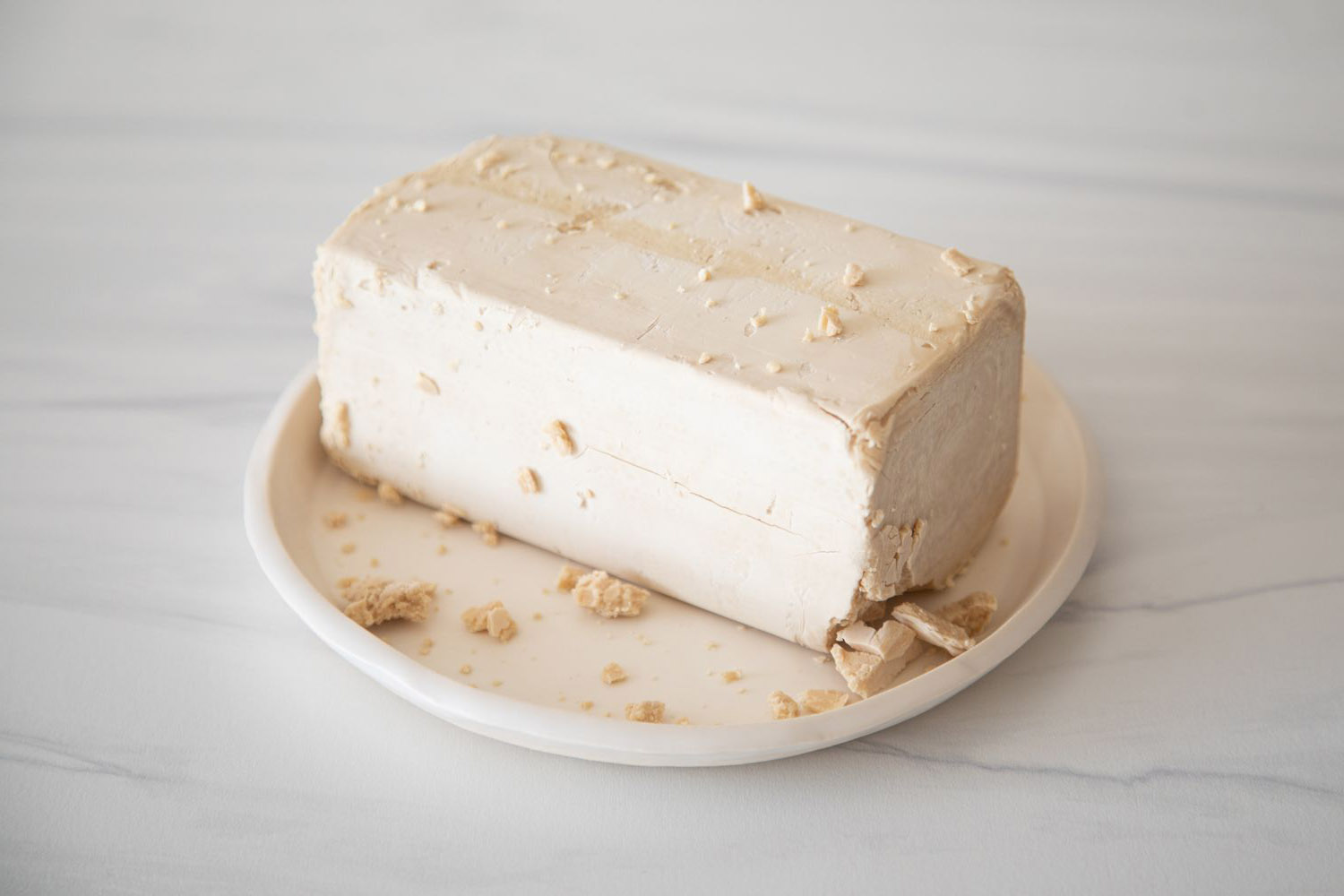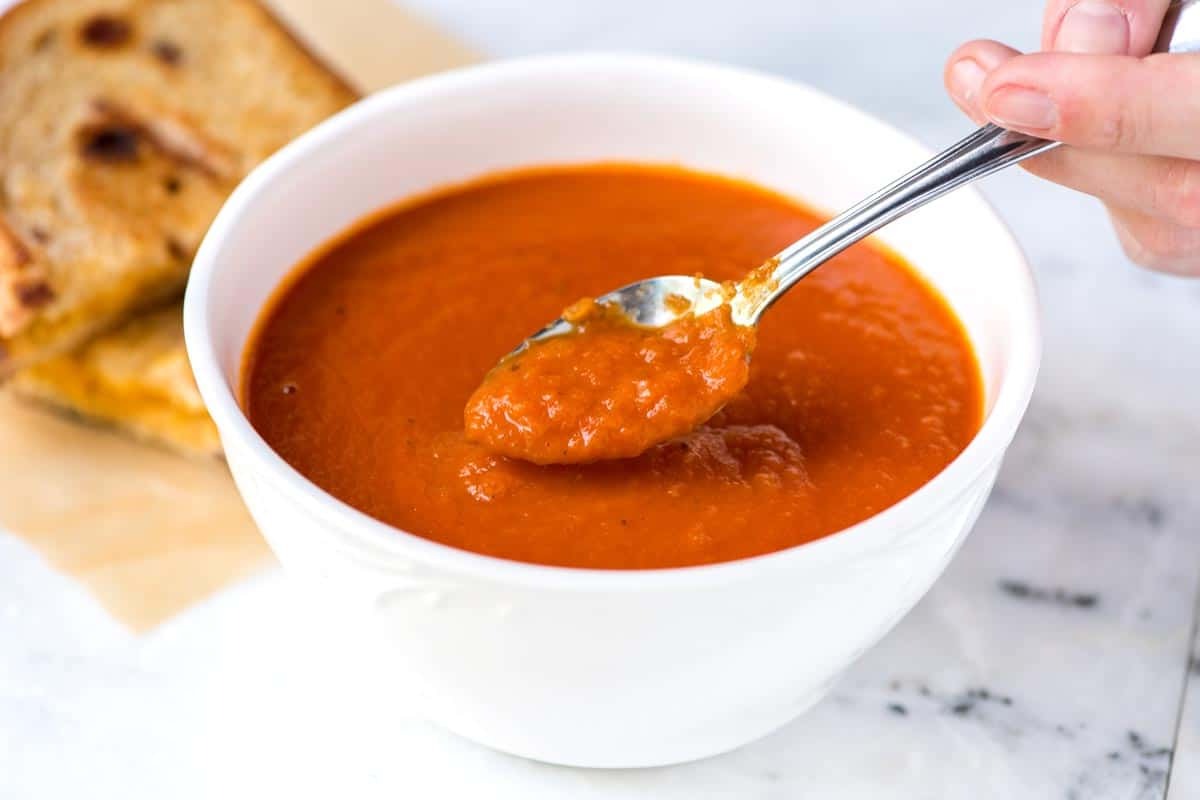Korean Sauce: A Flavorful Journey
Korean cuisine is known for its bold and vibrant flavors, and at the heart of many Korean dishes lies the essential element of Korean sauce. From spicy and tangy to sweet and savory, Korean sauces play a crucial role in defining the unique taste of Korean food. In this article, we will explore the world of Korean sauce, its varieties, and its significance in Korean culinary traditions.
The Essence of Korean Sauce
Korean sauce, often referred to as "jang" or "jeot," encompasses a wide range of condiments and flavorings that are integral to Korean cooking. These sauces are crafted from a diverse array of ingredients such as soybeans, chili peppers, garlic, and fermented seafood, resulting in a complex and multi-dimensional flavor profile.
Types of Korean Sauce
-
Gochujang: This iconic Korean sauce is a spicy, fermented chili paste that adds heat and depth to many Korean dishes. Made from red chili powder, glutinous rice, fermented soybeans, and salt, gochujang is a staple in Korean cuisine.
-
Doenjang: A rich and savory soybean paste, doenjang is a fundamental ingredient in Korean cooking. Its deep umami flavor enhances soups, stews, and marinades, making it an indispensable component of traditional Korean dishes.
-
Ssamjang: A delectable combination of gochujang and doenjang, ssamjang is a versatile dipping sauce that complements grilled meats, vegetables, and fresh lettuce wraps. Its harmonious blend of spicy, salty, and slightly sweet flavors adds a delightful kick to any dish.
-
Yangnyeom Sauce: This vibrant and zesty sauce is often used as a marinade for Korean fried chicken, imparting a delightful tanginess and hint of sweetness to the crispy, golden-brown chicken pieces.
Significance in Korean Cuisine
Korean sauce is not merely a condiment; it is a cornerstone of Korean culinary identity. Its nuanced flavors and aromas are deeply intertwined with the cultural heritage of Korea, reflecting the country's rich history and agricultural traditions. The art of fermenting and aging ingredients to create these distinctive sauces has been passed down through generations, contributing to the time-honored legacy of Korean cuisine.
Incorporating Korean Sauce into Your Cooking
Whether you are a seasoned chef or an enthusiastic home cook, experimenting with Korean sauce can elevate your culinary creations to new heights. Here are a few ways to incorporate Korean sauce into your cooking:
-
Marinades: Use gochujang or ssamjang as a flavorful marinade for grilled meats or tofu, infusing your dishes with a delightful blend of heat and savory notes.
-
Stir-fries: Add a spoonful of doenjang to stir-fries for an extra depth of flavor and umami richness.
-
Dipping Sauces: Create a dipping sauce with a combination of gochujang, sesame oil, and a splash of vinegar for a spicy and tangy accompaniment to your favorite snacks or appetizers.
-
Soups and Stews: Enhance the depth of your soups and stews by incorporating doenjang or gochujang, imparting a rich and complex flavor to your comforting bowls of goodness.
Conclusion
Korean sauce is a testament to the artistry and ingenuity of Korean culinary traditions. Its diverse array of flavors and its integral role in Korean cuisine make it a captivating and essential component of Korean cooking. Whether you are savoring the fiery heat of gochujang or reveling in the savory richness of doenjang, Korean sauce invites you on a flavorful journey that celebrates the essence of Korean gastronomy. So, the next time you embark on a culinary adventure, consider adding a touch of Korean sauce to your repertoire and experience the magic of Korean flavors firsthand.
Was this page helpful?
Read Next: What Is A Ketchup Substitute
xanderlaw
Xander Law Group is an experienced business litigation firm in Miami that aggressively defends its clients’ interests and rights. Our attorneys are highly experienced in commercial litigation and business law. We are well-equipped to handle your interests in any civil matter – both inside and outside the courtroom. We aggressively and diligently strive to achieve the best solutions to our clients’ interests. If you are looking for an experienced business litigation attorney, look no further than Xander Law.



